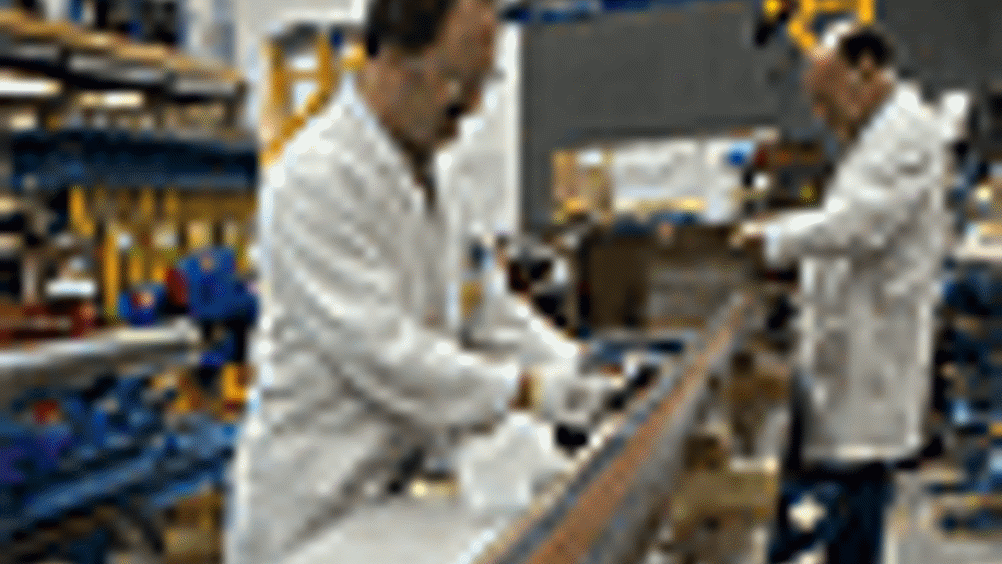More in
Instrumental in their success
Demand for scientific instruments is thriving in sectors ranging from medicine to forensics. Julia Pierce reports on opportunities in the sector.

Thanks to soaring demand from the world's top scientific institutions, government agencies, research laboratories and local hospitals, the market for scientific instruments is thriving.
The past decade has also seen the building of large-scale research tools such as CERN's Large Hadron Collider and the forthcoming ITER fusion energy research plant.
Each of these innovations has required precision modules and components that British companies have designed and built, using cohorts of highly skilled engineers.
Last summer, Tesla Engineering completed a four-year order for 3,000 cryogenic magnets that have now been installed in the Large Hadron Collider at CERN. The company has a relationship with the centre that stretches back 30 years. Tesla has also designed a working model of a coil for experimental fusion reactor ITER (Latin for 'the way'), and hopes to advise on the project.
The company is expanding, and is recruiting project and business line managers. It also recently took on a production manager.
Register now to continue reading
Thanks for visiting The Engineer. You’ve now reached your monthly limit of premium content. Register for free to unlock unlimited access to all of our premium content, as well as the latest technology news, industry opinion and special reports.
Benefits of registering
-
In-depth insights and coverage of key emerging trends
-
Unrestricted access to special reports throughout the year
-
Daily technology news delivered straight to your inbox










Breaking the 15MW Barrier with Next-Gen Wind Turbines
Hi Martin, I don´t have any detailed parameters for the 15MW design other than my reading of the comment in the report ´aerodynamic loads at blade-tip...